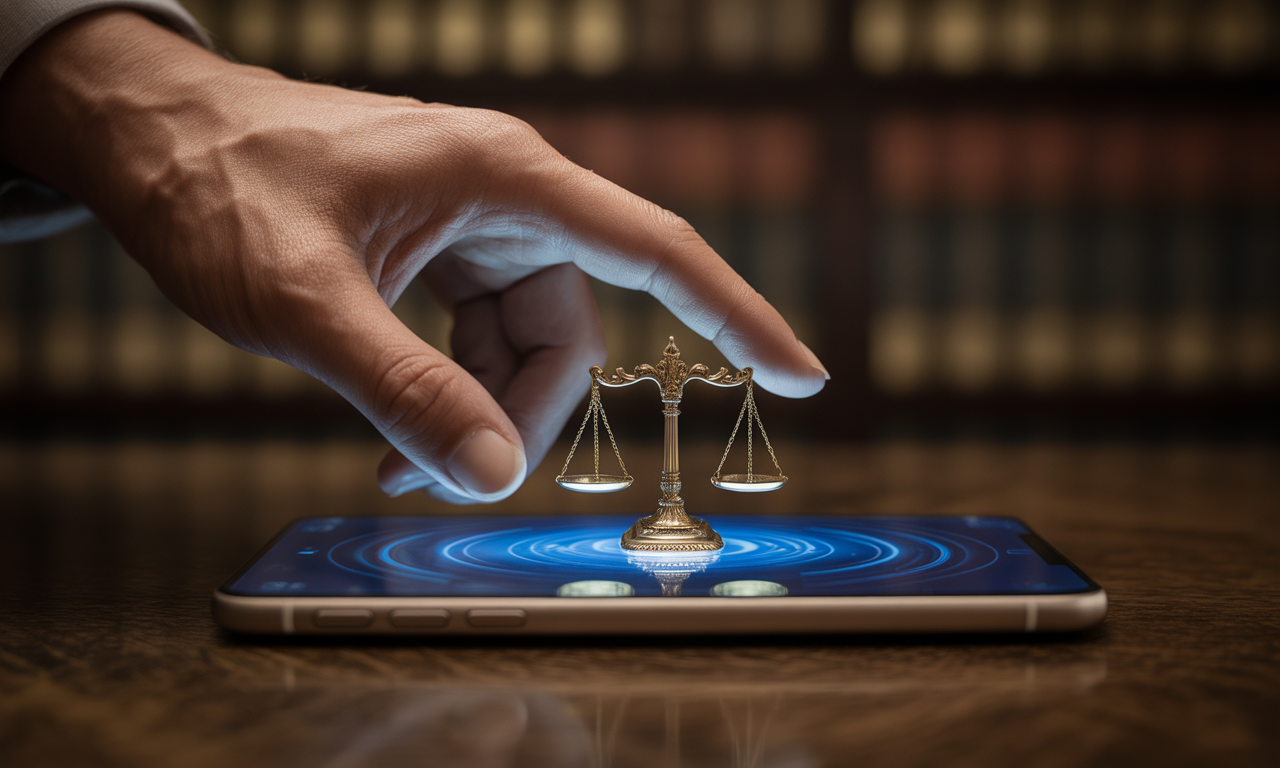Digital presence: a key factor in managing legal crises
Wed, 09 Jul 2025

Today your reputation is often decided before you enter the room. A quick online search can shape what people think of you, determining whether you are seen as credible or questionable. Nowhere is this more critical than during a lawsuit, where managing your digital footprint is not just a PR exercise; it can influence public opinion, sway stakeholders and even affect the legal process itself.
What shows up under your name online can help you – or haunt you. The best way to manage this is through a proactive communications strategy that consistently adds positive, relevant content. This can be built through publishing thought leadership pieces, updating official statements and having a consistent social media presence. Since most people rely on the first page of Google results to form opinions, it is recommended to use search engine optimisation (SEO) and online reputation management to control what appears at the top. By filling those 30 or so search spots with favourable content, you can ensure a balanced digital narrative and strengthen your reputation before any crisis hits.
However, when a lawsuit attracts media attention, this careful groundwork faces a test. News spreads rapidly online, amplified by social media, blogs and digital news platforms. Within hours, a legal issue can become a trending topic, drawing intense public scrutiny. In such moments, relying solely on press releases is not enough. Real-time monitoring and management of the client’s entire digital footprint become essential to ensure accurate information is promoted and misleading or damaging narratives are swiftly countered or clarified.
Digital footprints, which could include everything from social media posts and public comments to old articles and online reviews, can become part of the legal process. Opposing legal teams often scour the internet for anything that could support their case or damage the other party’s credibility. Therefore, it is essential for PR professionals to work closely with legal teams to audit and manage the client’s full online presence. It is important to stress that strict ethical and legal boundaries must be observed while minimising client’s vulnerability to content that might be taken out of context or used unfavourably.
A high-profile example that illustrates these challenges is the case of Carlos Ghosn.
Managing reputation in legal crisis: Carlos Ghosn’s case
Carlos Ghosn, former CEO of Nissan, Renault and Mitsubishi, was arrested in Japan in 2018 on charges including breach of trust, misuse of company assets and underreporting his compensation. His arrest triggered intense media scrutiny, transforming his public image from a successful executive to a figure associated with legal and corporate controversies. Initial silence during his detention and the narrative shaped by Nissan and Japanese prosecutors contributed to significant reputational damage.
After escaping to Lebanon in 2019, Ghosn shifted his approach by actively engaging with international media through interviews, press conferences and a book to present his perspective and challenge the Japanese legal system. He also pursued legal actions against Nissan, aiming to counter the accusations and reshape the public discourse. This case illustrates how a high-profile figure can use strategic communication and legal tools to influence public perception during a crisis, especially drawing the attention of international platforms.
The broader lessons from Ghosn’s case emphasise the importance of timely and consistent communication, narrative control, and the use of multiple channels to manage reputation during legal challenges. It also highlights the risks of contradictory messaging and the potential impact of public actions, such as fleeing jurisdiction, on credibility.
Ultimately, this case demonstrates that managing one’s digital presence is an essential component of legal and reputational defence. By maintaining clear, consistent messaging and carefully managing media channels, individuals can safeguard their credibility and protect their personal and professional brands, particularly if they happen to be public figures facing multifaceted legal and cultural environments.
Contact GRA today to learn how our decades of experience can help you navigate reputational challenges during complex legal battles, and to explore the ways we can help protect your interests: [email protected].